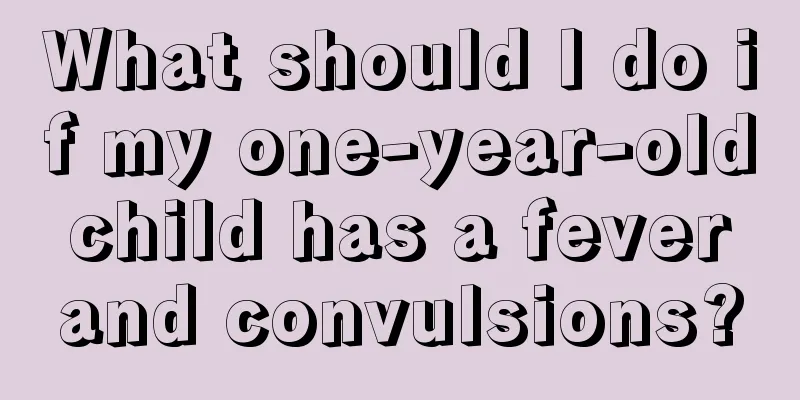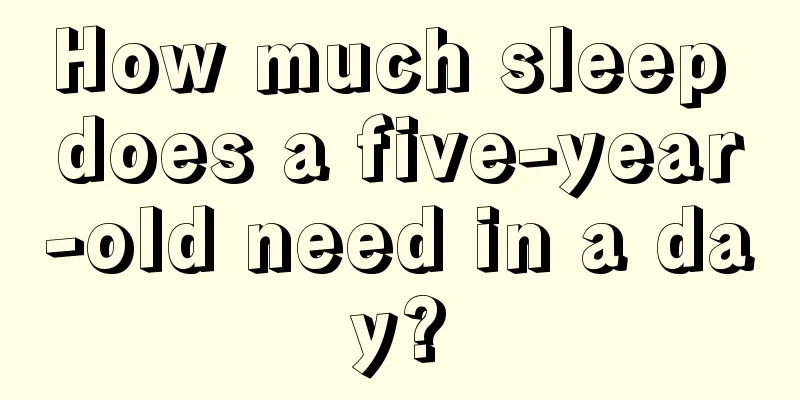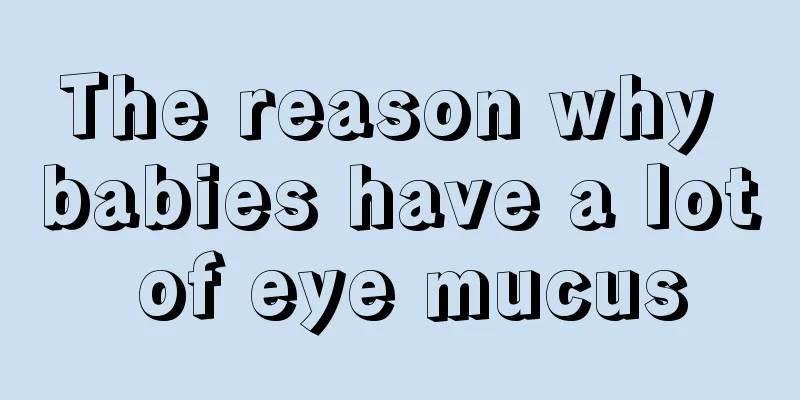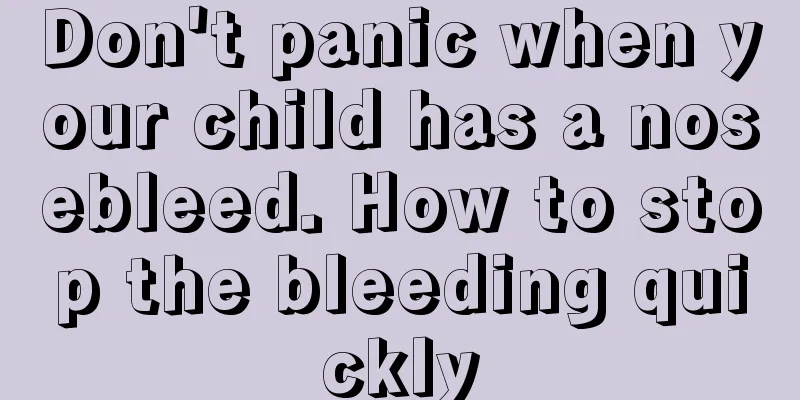What should I do if my one-year-old child has a fever and convulsions?

|
Because children's development is not yet complete, fever can easily cause brain dysfunction and lead to symptoms such as unconsciousness and whole-body convulsions. Repeated convulsions can cause brain cell damage and affect the intellectual development of children. Therefore, no matter what causes the fever, it should be cooled down reasonably to avoid convulsions caused by excessive body temperature. Next, I will introduce to you in detail what is the correct approach when encountering this situation. Generally, children are more likely to have convulsions when their fever reaches 39 degrees Celsius or above, but some children may have convulsions at 38 degrees Celsius, or even without a fever. This is related to the child's overall condition, especially factors such as calcium deficiency or epilepsy. When your baby has a seizure, lay him or her flat on his or her back, making sure he or she is not touching any sharp, hard objects. Later, lay your child on his side to allow him to breathe more easily and prevent saliva or vomit from blocking his trachea. Do not try to pry your child's mouth open; a child who is having a seizure due to a fever or other cause is not in danger of biting his tongue. Make sure to ventilate the room frequently. If your home has air conditioning, maintain the room temperature between 25 and 27 degrees Celsius. You can place your child in an air-conditioned room or use an electric fan to blow around him to slowly lower his body temperature. This will make your child feel more comfortable. But if the limbs are cold and the patient is shivering violently, it means that the patient needs warmth, so he should be covered with a blanket. Take off clothes. If the baby's limbs and hands and feet are warm and the whole body is sweating, it means that the baby needs to dissipate heat and can wear fewer clothes. Apply warm water, undress the baby, and rub the whole body with a warm towel. This will dilate the blood vessels in the baby's skin and release body heat. In addition, when water vapor evaporates from the body surface, it will also absorb body heat. Drink plenty of water to help you sweat and prevent dehydration. Water has the function of regulating temperature, which can lower body temperature and replenish water lost in the baby's body. The above are emergency measures for when the baby has a fever and convulsions. When the baby has a fever and convulsions, if parents can take necessary measures in time, they can avoid or reduce the complications caused by high temperature convulsions. Pay attention to providing your baby with comprehensive nutrition and improving your baby's immunity. In addition to breast milk and formula milk, you can also try giving your baby colostrum, such as Life Sunshine Colostrum, which can promote growth and development and improve IQ. Tips: If the seizure lasts more than 4 minutes, you should go to the hospital immediately; if it is less than 4 minutes, you can wait until the child feels better and rests for a while before going to the hospital. |
<<: Why do babies have fever due to bacteria?
>>: What should I do if a one-month-old baby has a fever?
Recommend
Adults' oral bacteria are brought to babies
In daily life, children's oral hygiene is ver...
What is the reason why children have eye mucus?
Eye boogers are a kind of secretion from our eyes...
Symptoms of rickets in children
Many parents are concerned about the problem of r...
How to tell if a child’s eardrum is ruptured?
A ruptured eardrum is mostly caused by trauma, wh...
How to deal with prickly heat in a two-year-old baby?
The sweat glands of infants and young children ar...
What to eat when children stay up late
Staying up late is harmful to the health of adult...
What to do if a child has a nose infection
Rhinitis is an inflammation of the nose in childr...
Can babies eat dates?
As the saying goes, July dates are ripe and Augus...
Why does my baby sleep restlessly at night?
Under normal circumstances, babies should sleep s...
What should children eat to cure their cough in summer?
Children often have cold symptoms in summer. Coug...
Sinusitis massage for children
Nowadays, not only young people suffer from sinus...
Treatment for baby rashes
The problem of babies getting rashes is prone to ...
Refractive error in children
When children are young, parents must pay attenti...
What should I pay attention to when adding complementary food to my one-year-old baby?
Parenting is a very important course, and many ex...
How to use alcohol to reduce baby's fever
Normally when children have a fever, I believe ma...









